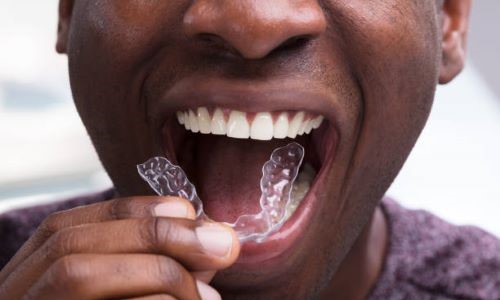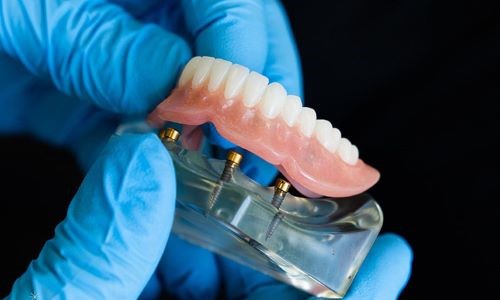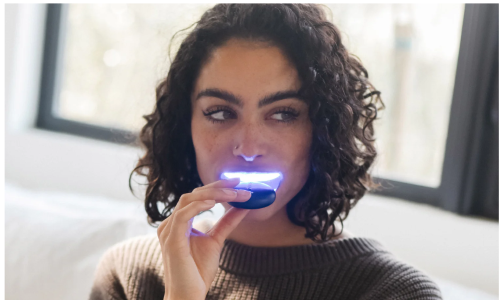Tooth development is a crucial aspect of a child’s overall growth and health. Understanding the different stages and knowing how to care for your child’s teeth at each stage can help ensure a healthy smile for life.
Stage 1: Infancy (0-6 Months)
Tooth Development:
- Teeth are developing below the gums.
- No visible teeth yet.
Tips for Parents:
- Clean your baby’s gums with a soft, damp cloth after feedings to remove bacteria.
- Avoid putting your baby to bed with a bottle to prevent “baby bottle tooth decay.”
Stage 2: Teething (6-12 Months)
Tooth Development:
- First teeth (usually the lower central incisors) begin to erupt.
- Teething symptoms such as drooling and gum irritation.
Tips for Parents:
- Soothe teething pain with a chilled teething ring or a clean, wet washcloth.
- Begin brushing as soon as the first tooth appears using a soft-bristled toothbrush and water.
Stage 3: Primary Teeth Eruption (1-3 Years)
Tooth Development:
- Primary teeth (baby teeth) continue to come in, typically in pairs.
- By age 3, most children have a full set of 20 primary teeth.
Tips for Parents:
- Brush your child’s teeth twice a day with a tiny smear of fluoride toothpaste.
- Schedule your child’s first dental visit by their first birthday.
- Limit sugary foods and drinks to prevent cavities.
Stage 4: Mixed Dentition (6-12 Years)
Tooth Development:
- Permanent teeth begin to replace primary teeth.
- First molars and lower central incisors are usually the first to emerge.
Tips for Parents:
- Encourage good oral hygiene habits, including brushing twice a day and flossing daily.
- Monitor for early signs of orthodontic issues and consult with your dentist.
- Ensure your child wears a mouthguard if they participate in sports.
Stage 5: Permanent Dentition (12+ Years)
Tooth Development:
- All permanent teeth (except for wisdom teeth) have typically erupted by age 12-13.
- Wisdom teeth usually appear between ages 17 and 21.
Tips for Parents:
- Reinforce the importance of regular dental check-ups and cleanings.
- Discuss orthodontic options if necessary, such as braces or clear aligners.
- Educate your child on the impact of diet and lifestyle on oral health.
Understanding the stages of tooth development and implementing proper dental care practices at each stage can set the foundation for a lifetime of healthy smiles. By staying informed and proactive, parents can help their children navigate the journey of tooth development with ease and confidence.

















